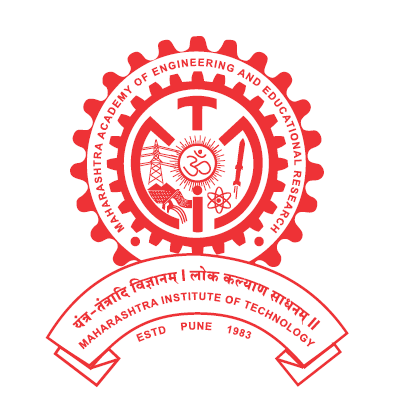Dear Students,
Welcome to the Department of Civil Engineering at MITCORER. Established in 2017, our department has consistently strived to provide high-quality education and prepare students for the dynamic challenges in the field of civil engineering. In alignment with the National Education Policy (NEP), our curriculum is designed to foster creativity, critical thinking, and holistic development, ensuring our students are equipped with both technical and soft skills to excel in their careers.
We offer a major degree in B.Tech in Civil Engineering, along with exciting minor degrees in Artificial Intelligence & Data Science, Software Engineering, Controllers and Applications, and Internet of Things (IoT). Our students are encouraged to explore interdisciplinary subjects and gain proficiency in emerging technologies, opening doors to diverse career opportunities.
We take pride in offering India’s first Honors degree in Railway Infrastructure, which provides students a unique opportunity to specialize in the railway sector, an industry with vast growth potential. Additionally, we offer a Skill Development Diploma in Railway Track Technology, approved by Punyashlok Ahilyadevi Holkar Solapur University, Solapur, Maharashtra. This program further strengthens our students' expertise and equips them for future challenges in the railway industry.
Our department prepares students for various career paths, including opportunities in the private sector, government sector, and entrepreneurship. With a strong emphasis on real-world experience, we ensure 100% internship and placement for all eligible students. Our strategic collaborations with institutions such as Swayam and IIRS ISRO provide access to cutting-edge technical knowledge and research platforms.
Our department boasts fully equipped labs, featuring advanced instruments that cater to the ever-evolving needs of the civil engineering field. The extensive library includes essential resources for UPSC, MPSC, and other government exams, supporting students who aspire to pursue a career in public services.
Our faculty members are highly qualified and competent, dedicated to mentoring and guiding students through their academic journey. They bring both academic excellence and industry experience to the classroom, ensuring a high standard of education.
We are committed to empowering our students and ensuring they leave with the knowledge, skills, and confidence to make impactful contributions to society and the profession.
Sincerely,
Prof. Amit Raosaheb Shinde
Head of Department
Department of Civil Engineering

